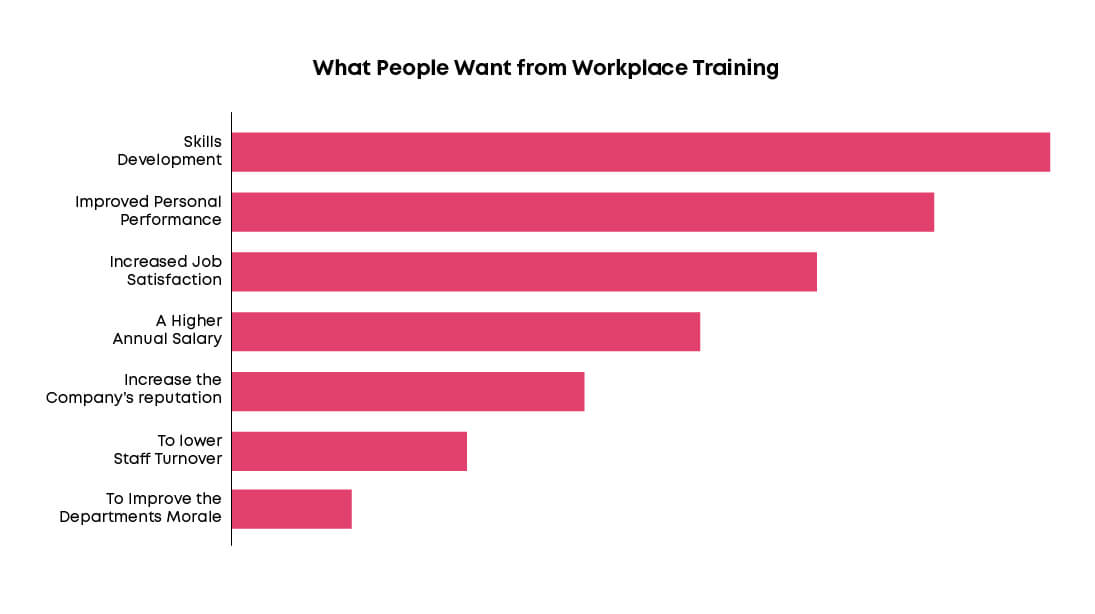For the vast majority of us, working to earn a salary forms the basis around which we shape our lifestyles. Unless you’re fortunate enough to be rich or retired it’s a necessity, but for some, getting up and going to work can be an absolute joy. However, just how many of us actually enjoy what we do?
A 2017 study from YouGov found that 16% of Brits hated or disliked their jobs, while a further 20% had no strong feelings either way. More recently, a survey carried out by Investors in People revealed that more than half would be looking for different employment in 2020, while the number of those unhappy in their roles had risen 10% over the previous 12 months.
But what could be some of the reasons behind these statistics? Research conducted by instantprint, providers of business cards, flyers, posters and other stationery, revealed that many employees cited a lack of workplace training as the cause of their disillusionment…
The key numbers
- The results showed that 56% of workers would look to leave their jobs if their bosses stopped providing training opportunities.
- Meanwhile, 31% said they had already changed their roles because of this problem.
- Of all those surveyed, only 59% said they were happy with the training and development options that were available to them.
A training shortfall
Although the figures above underline the great desire for training at employee level, it seems that demand is not being met by some organisations. More than one in five businesses (21%) provide no ongoing training, while 34% of people have not been offered induction sessions as new starters. Additionally, 41% of companies won’t fund relevant qualifications for their workers.
The generation gap
The study also revealed that 40% of people born before 1981 received no training upon starting their job. For those born after that time, the figure drops to 26%. As for the most recent generation, the post-millennials, only 19% don’t receive workplace training.
Types of training
Of course, in the modern era, training can take many forms. The research shows that 43% of employees would prefer on-the-job education, and 25% would like to be involved in a coaching or mentoring programme. As technology continues to advance, 15% of workers would like to enrol in eLearning schemes, with the aim of personal development the most frequently cited reason for seeking these opportunities.

And instantprint’s CEO, James Kinsella, reinforces the importance of offering training to all members of staff in order to maximise the benefits for both the individual and the collective.
“Workplace training is vital if you want your staff to stick with you and be performing at their best,” he says. “This survey has revealed a serious shortfall between the training employees expect and what they’re currently getting in workplace training offers across the UK.
“All companies should offer induction and ongoing training to staff, to help them settle in and achieve a fulfilling career. To help employees reach their goals, organisations should work to provide personal development plans for workers, tailored to each employee’s objectives and aspirations.”
